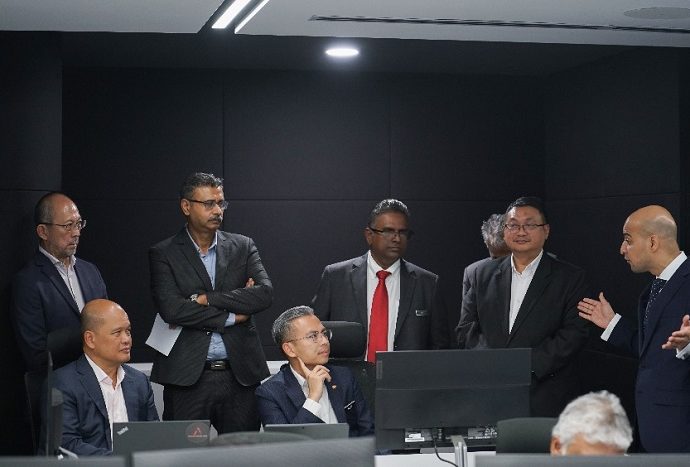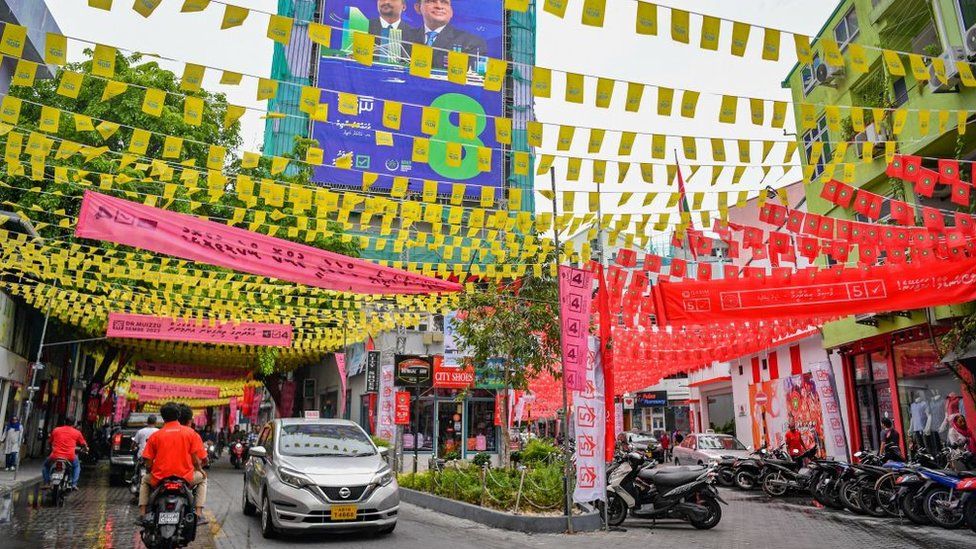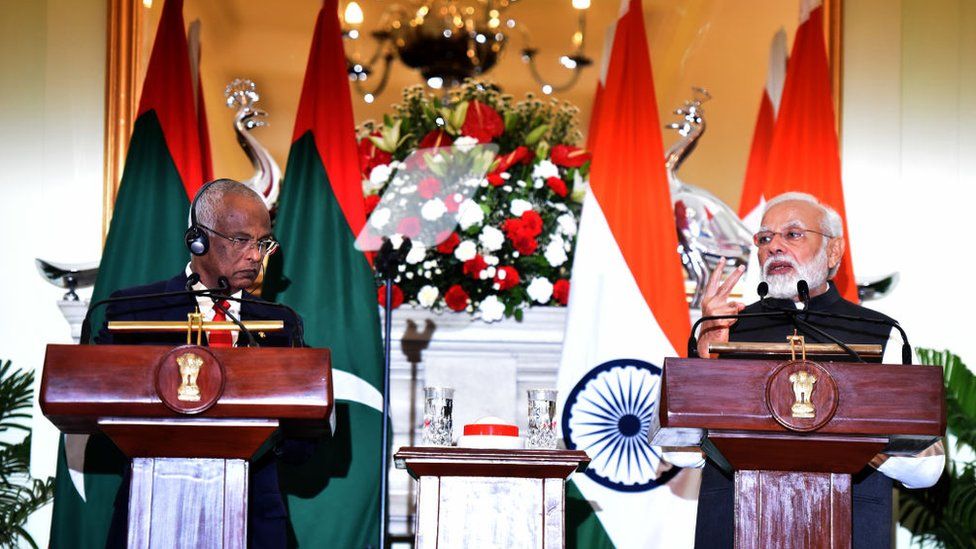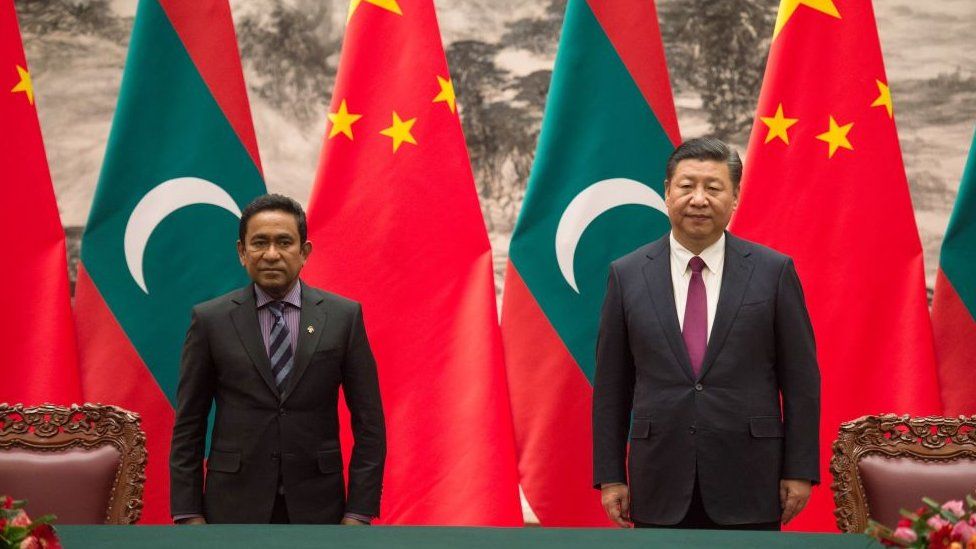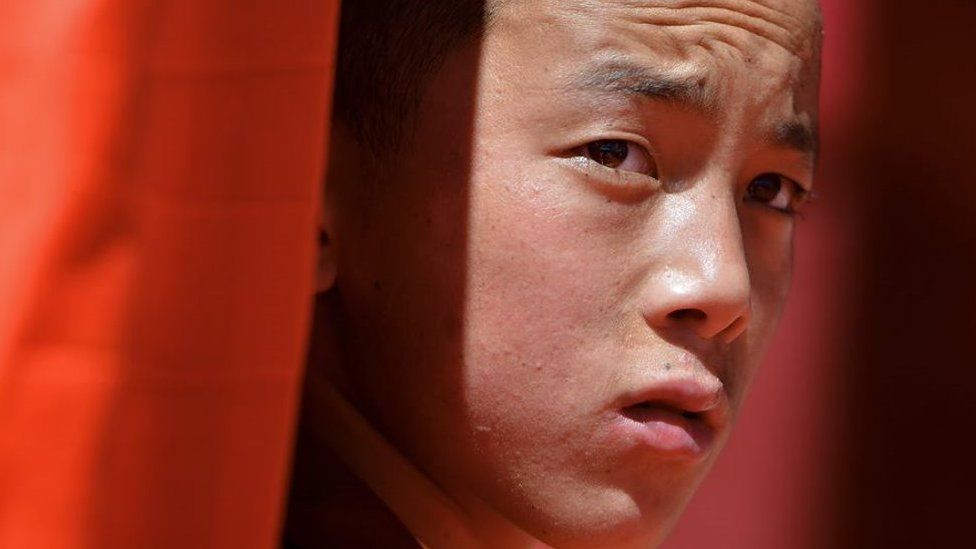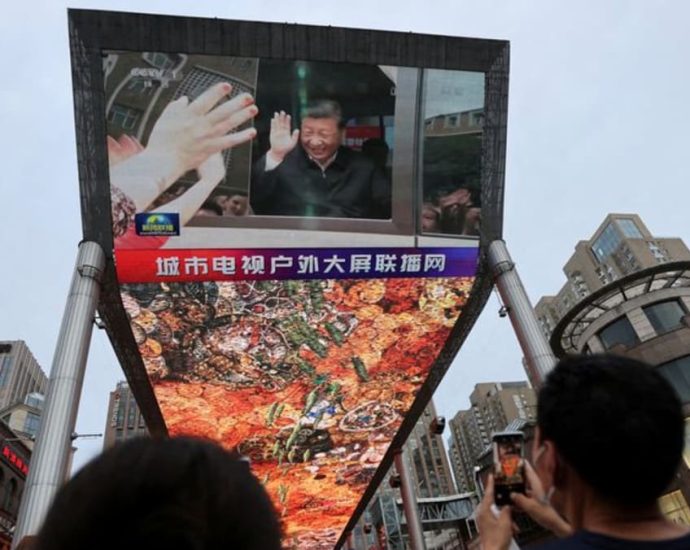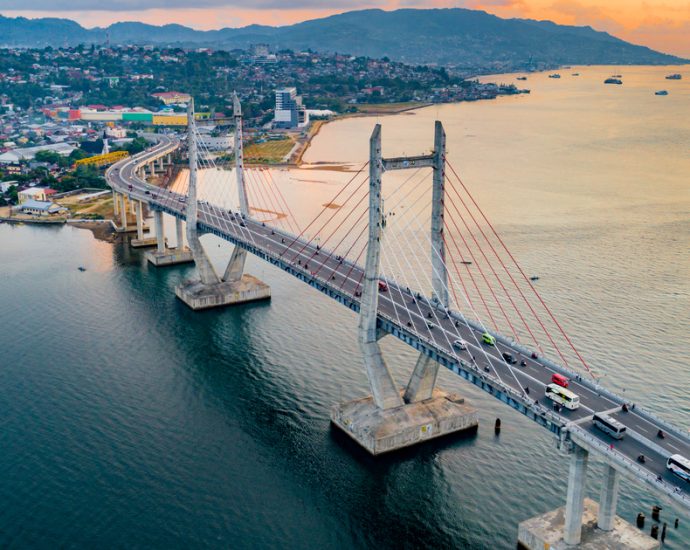US sanctions Chinese firms for Russia, Iran drone parts
Three Hong Kong trading firms have been sanctioned by the United States for allegedly shipping components to Iran and Russia for making drones used for attacking Ukraine.
In August last year, Russia fired Iranian-made Shahed-136 suicide drones at Ukrainian troops. By early this year, Russia planned to produce 6,000 Iranian drones at its own facility with Tehran’s support.
It took one year for the US Commerce Department’s Bureau of Industry and Security (BIS) to identify and sanction the three Hong Kong firms involved supplying the drone parts.
The BIS said Monday (September 25) it had sanctioned 28 entities, including 11 in China, five in Russia, five in Pakistan and six in Finland, Oman, Germany and the United Arab Emirates (UAE).
Among them, four are based in Hong Kong. Asia Pacific Links allegedly shipped US items to Russia while Speed Business Trading (HK) and Sunrising Logistics (HK) supplied US items to Iran. Well Fair International (Hong Kong) shipped US products for Pakistan’s unsafeguarded nuclear activities.
The Nanjing Institute of Astronomical Optics and Technology was accused of procuring US items for Chinese military research.
The remaining five firms and one individual already faced financial sanctions imposed by the US Treasury Department in March for supplying parts to the Iran Aircraft Manufacturing Company (HESA) to make drones.

On Monday, the BIS said Asia Pacific Links and eight other entities in Finland, Germany and Russia were sanctioned for shipping components to make drones for Russia’s Main Intelligence Directorate of the General Staff (GRU).
Situated at Shing Hing Commercial Building in Sheung Wan, Asia Pacific Links was set up in Hong Kong by Anton Sergeyevich Trofimov, a 41-year-old Russian national, in December 2014.
Its major clients included Russia’s SMT iLogic LLC, which supplies wireless GSM communication modules, multifunctional signal converters, transceivers and radio signal amplifiers.
Trofimov, who has homes in Hong Kong, Canada and Russia, had already been sanctioned by the US Treasury in May.
“We will not hesitate to take swift and meaningful action against those who continue seeking to supply and support Putin’s illegal and immoral war in Ukraine,” said US Commerce Undersecretary for Industry and Security Alan Estevez. “Our actions send a clear message to those trying to evade our export controls that there will be consequences for behavior that seeks to undermine US national security interests.”
Beijing’s response to the sanction order was swift. “China firmly opposes this and will take necessary measures to resolutely safeguard its legitimate rights and interests,” a spokesperson of the Chinese Ministry of Commerce said Tuesday.
The spokesperson said the US has abused unilateral sanctions and long-arm jurisdiction to undermine international trade rules and harm the legitimate rights and interests of Chinese firms and individuals. He said the US should immediately stop its “unreasonable suppression” of Chinese companies and individuals.
Observers have said that loopholes allow anyone to freely set up a shell company in Hong Kong to source US items.
“Hong Kong’s complicity in sanctions-busting is not merely a byproduct of being one of the busiest shipping hubs in the world,” Brian Kot, a research assistant in Carnegie’s Democracy, Conflict and Governance Program, says in a research report published in May this year. “It is a direct consequence of Hong Kong’s increased subservience to China, now that Beijing has wiped out the last vestiges of autonomy in the special administrative region.”
Prior to Russia’s full-scale invasion of Ukraine China had been an important supplier of microchips and electronic integrated circuits to Russia for some years, according to a report published by the Free Russia Foundation, a Washington-based pro-democracy organization.
The value of Chinese semiconductor exports to Russia increased to more than US$500 million last year from $200 million a year ago, said the report. Hong Kong doubled its semiconductors and integrated circuits exports to around $400 million last year from 2021.

Regulatory loopholes are also highlighted in reactions to an announcement from China’s sanctioned Huawei Technologies, which said Monday it will use self-developed chips in more gadgets including tablets, earphones, smartwatches and televisions.
Its MatePad Pro tablets will use the Kirin 9000s chip, FreeBuds Pro wireless earphones will use the Kirin A2 chip and V5 Pro smart TVs will use the Honghu 900 chip.
Media reports said both the Kirin A2 and Honshu 900 processors are 12nm chips, which can be made by China’s leading semiconductor producer SMIC.
A group of 10 Republican US lawmakers, led by House Foreign Affairs Committee chairman Michael McCaul, on September 14 called on the BIS to deny all export items for Huawei, SMIC and their units, as well as Honor, Huawei’s successor.
“We are extremely troubled and perplexed about the BIS’s inability to effectively write and enforce export control rules against violators, especially China,” they wrote in a letter to Estevez.
They said over the past two years many members of the Congress have pointed out loopholes in the US sanction rules. They said, despite their warnings, the BIS has continued to grant licenses worth hundreds of billions of dollars to Chinese Communist Party-controlled companies such as SMIC.
They called on the BIS to revoke all existing licenses for SMIC and Huawei and pursue criminal charges against executives from the two firms.
“We know that not all suggestions made by US congresspeople will be adopted and implemented,” a Zhejiang-based IT writer said in an article published on Sunday. “We should not take their words so seriously.”
He opines that McCaul’s letter showed that the US is worried about the rise of Huawei and that the Shenzhen-based firm has already prepared for a new round of US sanctions and will be able to overcome the challenges.
Read: US curbs Chinese firms over tech shipments to Iran
Follow Jeff Pao on Twitter at @jeffpao3


